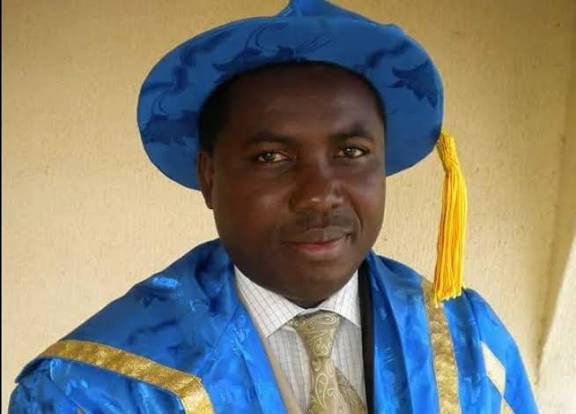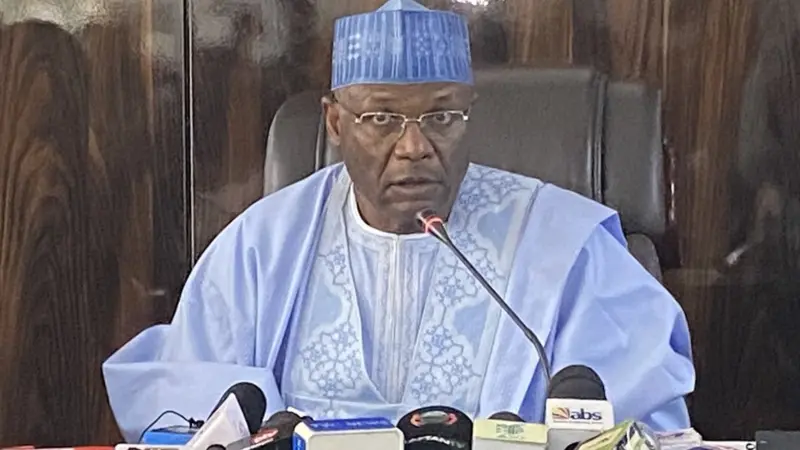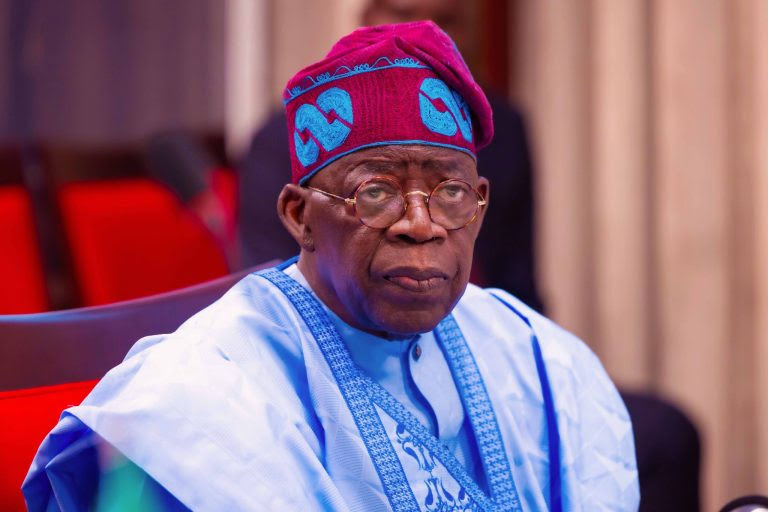
Tinubu Lacks Power to Send INEC Chairman Prof Yakubu on Terminal Leave – Femi Falana
- Nigeria News
- 27.09.2025
- No Comment
- 6
Tinubu Lacks Power to Send INEC Chairman Prof Yakubu on Terminal Leave – Femi Falana
Prominent human rights lawyer and Senior Advocate of Nigeria, Femi Falana (SAN), has asserted that President Bola Ahmed Tinubu lacks the constitutional authority to send the Chairman of the Independent National Electoral Commission (INEC), Prof. Mahmood Yakubu, on terminal leave.
Falana emphasized that the 1999 Constitution of the Federal Republic of Nigeria grants INEC the power to regulate its own procedures without presidential approval or control. This provision, he said, makes it legally impossible for President Tinubu to direct the INEC Chairman to proceed on terminal leave.
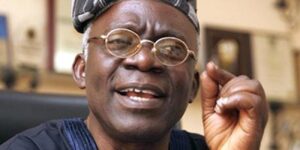
Falana explained that unlike other federal executive bodies, INEC operates independently under the Constitution. He quoted Section 160(1) of the 1999 Constitution, which provides that:
“The Independent National Electoral Commission, its powers to make its own rules or otherwise regulate its own procedure shall not be subject to the approval or control of the President.”
According to Falana, this constitutional provision safeguards INEC’s independence and prevents undue interference from the executive arm of government. He added:
“To that extent, President Bola Tinubu cannot direct the INEC chairman to proceed on terminal leave.”
This constitutional debate arose following viral reports alleging that President Tinubu had ordered Prof. Mahmood Yakubu to proceed on compulsory terminal leave. The directive reportedly came after accusations of Yakubu’s “last-minute betrayal” of the ruling All Progressives Congress (APC) government that appointed him.
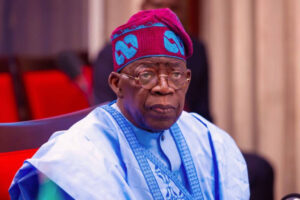
The speculation gained traction after INEC abruptly cancelled its quarterly consultative meeting with political parties and a planned session with civil society organisations. These cancellations were interpreted by many as fallout from the alleged presidential directive.
The controversy surrounding Tinubu’s alleged order has sparked intense debates across Nigeria. Many commentators have drawn parallels with President Tinubu’s earlier declaration of emergency rule in Rivers State, which was criticized for lacking constitutional authority.
Both incidents have raised significant questions about the limits of presidential power and the interpretation of constitutional provisions in Nigeria’s democratic system. Analysts warn that undermining INEC’s independence could erode public confidence in the electoral process.
According to reports by SaharaReporters, insider sources described President Tinubu’s move as a response to Yakubu’s efforts to register new political parties toward the end of his tenure. This, they claimed, disrupted Tinubu’s preparations for a second term in office.
It was also reported that Imo State Governor Hope Uzodimma met with President Tinubu shortly after the president returned from a 12-day working vacation. During the meeting, the governor allegedly accused Yakubu of covertly supporting a candidate in the Imo State governorship election, further fueling the President’s displeasure.

Following this briefing, Tinubu reportedly requested that Yakubu suspend all official duties and proceed on terminal leave, sparking nationwide debate on the legality of such an order.
Femi Falana urged the federal government to respect the Constitution and refrain from actions that could undermine the independence of INEC. He warned that any unconstitutional interference with INEC could have far-reaching consequences for Nigeria’s democracy and the credibility of its electoral processes.
He noted that the framers of the Constitution intentionally insulated INEC from executive control to ensure free and fair elections. According to him, allowing political influence over the commission would compromise its neutrality and credibility.
Prof. Mahmood Yakubu’s current five-year term is set to expire in the first week of December 2025, marking the end of his 10-year service as INEC Chairman. He was first appointed on October 21, 2015, by then-President Muhammadu Buhari and confirmed by the Senate. He was sworn in on November 9, 2015.
After completing his first term in November 2020, Yakubu was nominated for a second and final term by President Buhari, confirmed by the Senate, and sworn in on December 1, 2020.
With Yakubu’s tenure winding down, reports indicate that Prof. Joash Ojo Amupitan (SAN) has emerged as the likely candidate to succeed him as the next INEC Chairman. Sources say President Tinubu is expected to submit the name of a new INEC Chairman to the National Assembly in the coming days.
The unfolding situation highlights the tension between the executive arm of government and independent agencies in Nigeria. Legal experts and civil society organisations have called for vigilance to ensure that the principles of separation of powers and the rule of law are upheld.
Observers argue that respecting INEC’s autonomy is essential for sustaining public trust in the electoral system, especially as Nigeria prepares for future elections. Any unconstitutional action, they warn, could undermine the progress made in electoral reforms over the past decade.

